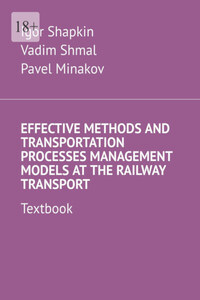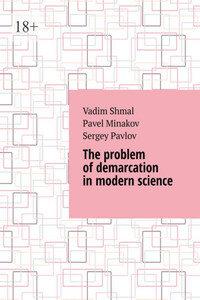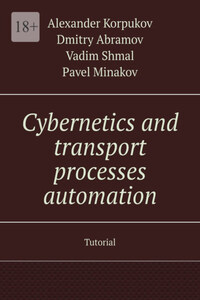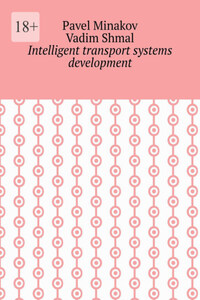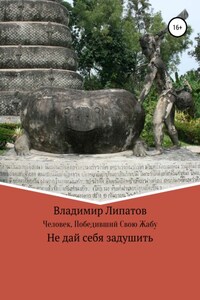Effective Methods and Transportation Processes Management Models at the Railway Transport. Textbook
Авторы книги - Pavel Minakov, Vadim Shmal. Произведение относится к жанру прочая образовательная литература. Год его публикации неизвестен. Международный стандартный книжный номер: 9785006076716.
Igor Shapkin Doctor of Technical Sciences, Professor Russian university of transport (MIIT). Pavel Minakov Ph. D. Associate Professor Russian university of transport (MIIT). Vadim Shmal Ph. D. Associate Professor Russian university of transport (MIIT).
